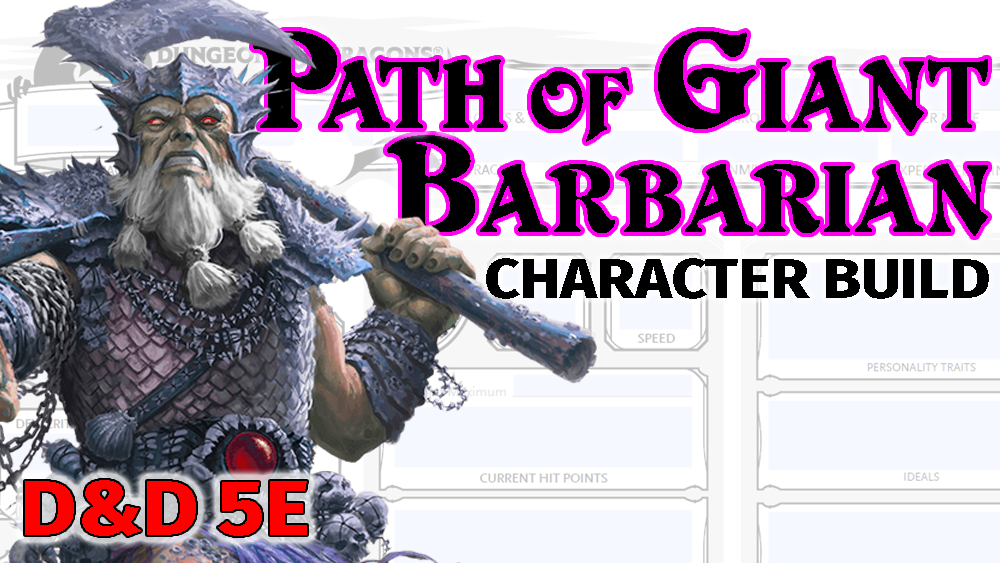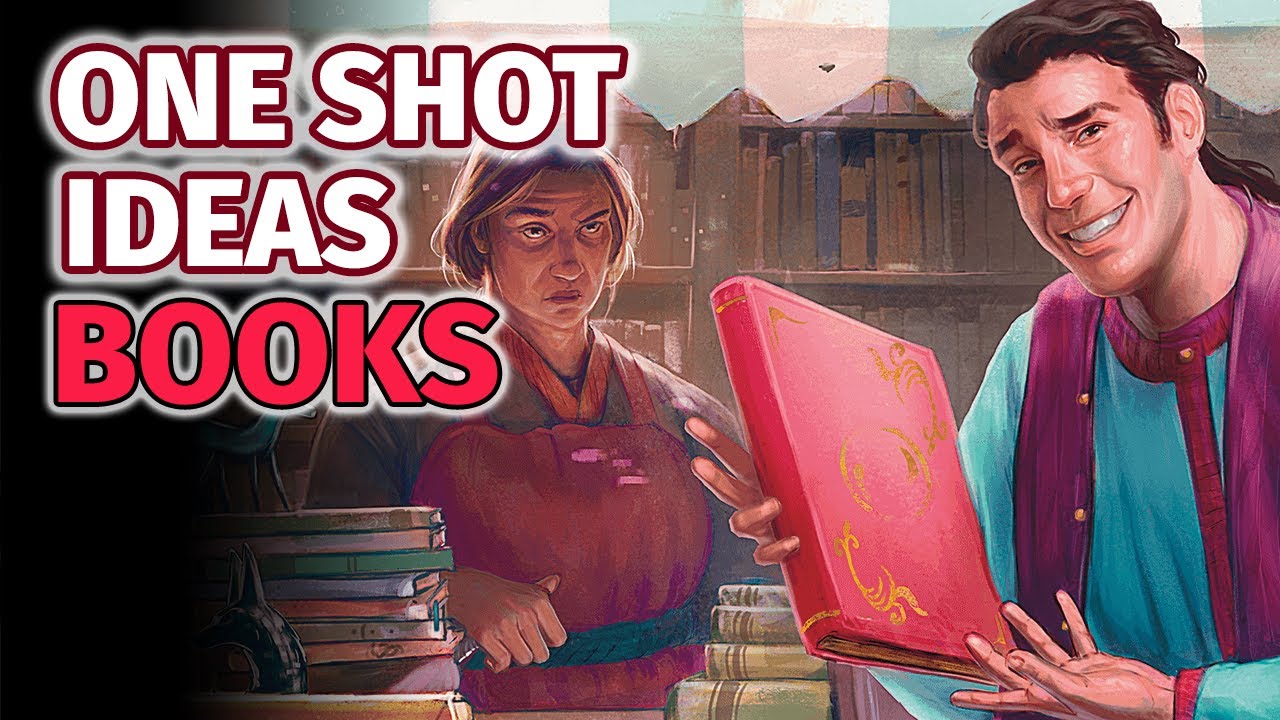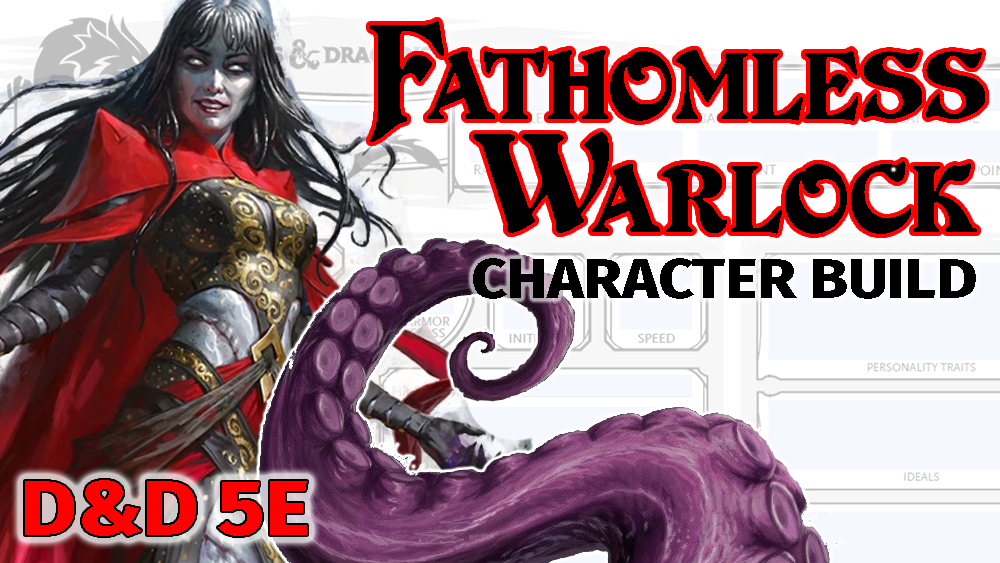Hello there adventurers! Let’s talk downtime or role playing opportunities. Some of the best opportunities to change the pace of a campaign or begin that next quest will begin at a local festival or during a holiday. Events such as these in your Pathfinder and Dungeons & Dragons™ world can be fun sessions to double-down on role-playing and provide some fun side events or games for the characters to participate in.
One of the things that I think is missing from D&D 5th Edition is jousting. Way back when when I played Basic Dungeons and Dragons™, the Companion Set (Green Box) introduced the concept of Jousting along with other tournaments reminiscent of medieval times such as sword fights and wrestling.
Having a few high-level fighters in our game, they enjoyed joining “The List” that I provided for them and a few became heroes and champions in the jousting tournament.
With D&D, Pathfinder and other fantasy RPGs loosely based on medieval Earth in our history, this featured event seems like a worthy inclusion either in story or through participation.
With that being said, how do you introduce Jousting to your game? Perhaps you make it a mainstay from the get-go. Much like the movie “A Knight’s Tale” you could begin a campaign with jousting being a well known and celebrated event in their local city, kingdom or world. Perhaps a bard’s first mission is to fill in and introduce a knight to rile-up the crowd or a lawful cleric witnesses a thief steal from a nearby noble attending the joust.
How to Joust in D&D
Whatever the case may be, including jousting tournaments “in the background” of your new campaign could one day lead to an even that the characters wish to take further interest in. Fighters and Paladins in particular may dream of glory and fame as they aspire to join the List and compete someday.
If you are a fan of the Knight’s Tale movie or want to include jousting tournaments in your homebrew world then buckle in. Cue up the AC/DC and the classic rock, because today, we will joust!
To Enter a Joust
To enter into a joust you must:
- Be Proficient in Animal Handling
- Have proficiency in Heavy Armor, Shields, and a Lance
- Be of nobility or be sponsored by a noble or Granted Knighthood by a Church, a city/state, or a ruler of Baron status or higher
Entry into a joust requires a Plate Mail, a Shield, a Lance, and a well-trained horse, thereby giving all contestants an AC of 20. The lances used in jousting are specially made with a blunt tip and designed to shatter on impact. Magic is forbidden (see below).
The shield, Ecranche, is to be painted with the heraldry (colors and symbols) used to identify the knight. Each knight must hire their own crew to manage their lances, gear, and paperwork.
Rules of the Joust
A joust is held within an arena called Tilt Yard. The list measures approximately 40-70 feet long. The riders are separated by a six-foot high wooden barrier called the tilt. The match consists of three passes. Each contestant begins on opposite ends of the field and charge their opponents while aiming their lance. The goal is to shatter your lance against an opponent’s armor. Attacks are made simultaneously with a roll to hit. Combatants may use their strength modifiers and their Proficiency Bonus on their hit roll.
Each pass will award knights with points on how well they strike their opponent. The goal is to strike the opponent’s shield and shatter the lance. The highest score after three rounds wins the match. The player and/or the DM will Roll a 1d20 for their knight and add the allowed modifiers. Points are determined by the adjusted die roll and scored as follows:
Natural 1: You miss your target and are unbalanced. You must make a Strength Animal Handling check with a DC 20 to stay on your horse. Falling off the horse will cause 1d6 Bludgeoning damage from the fall and will award their Opponent with an additional +2 Points for the unseating.
2 – 14: Lance glances off of your opponents armor. The lance does not break. You score 0 points and no damage is dealt.
15 – 19: Lance hits opponent’s shield, but does not break. +1 Point. No Damage is dealt.
20 – 24: Lance hits opponent’s shield breaking the tip of the lance. +2 Points and deals 1d12 HP of damage + STR modifier.
25 or higher: Lance hits opponent’s shield and shatters. +3 Points. 1d12 HP of Damage and opponent must make a Strength Saving Throw or be unseated. IF the opponent falls off the horse, the striking knight receives an additional 2 points for a total of 5 points and the knight takes an additional 1d6 Bludgeoning damage from the fall.
Natural 20: Lance hits opponents and Shatters. +3 Points. Maximum Damage is dealt (12 for the 1d12 plus STR modifier). Opponent must make a Strength Saving Throw or be unseated. IF the opponent falls off the horse, the striking knight receives an additional 2 points for a total of 5 points and the knight takes an additional 1d6 Bludgeoning damage from the fall.
In summary:
1 Point for hitting the shield, but not breaking the lance
2 Points for hitting the shield and breaking the tip of the lance
3 Points for hitting the shield and shattering the lance
Additional 2 points for a knight being unseated from their mount
ADDITIONAL NOTES:
- The DC for Strength Saving throws in order to prevent being unseated from their mount is equal to 10 plus the amount of damage taken from the hit.
- A contestant who is unseated will take an extra 1d6 of bludgeoning damage from the fall.
The Knight’s Crew
As a participant in the joust, each knight is allowed to have a ground crew.
A Bard – Introduces the knight to the crowd. A bard can provide one inspiration die per match.
A Groom: Takes care of the horse. This NPC/PC must be proficient in Animal Handling.
An Armorer: Tends to the knight’s armor. Must be proficient in Smith’s Tools.
A Lance Handler / Valet / Squire. Someone who hands and retrieves a lance to/from the knight. Requires a strength score of 12 or higher (Optional. Up to the DM)
Disqualification from a Joust
Magic is strictly prohibited in jousting events. Anyone found guilty of using magical weapons, armors, items, potions or spells will be disqualified and subject to punishment. Those that enter into the list may be subject to a Zone of Truth spell to agree with the terms of the tournament and/or a dispel magic aura to cleanse any possible benefits.
Aiming for the head of their opponent along with other malicious attempts to further damage or cause serious harm to an opponent is forbidden. The rider will be disqualified from the joust and subject to punishment.
A Rider found not to be a noble or appointed by a noble as previously stated, will be disqualified and subject to punishment
Jousting Etiquette
A bard will introduce his knight. Providing an inspiration die that can be used for the match.
Healing is not allowed until after the knight has been eliminated from the tournament. After a contestant loses their event, they may receive healing (often provided by the host of the tournament) and join the crowds to watch the remainder of the event.
Dying in an event is frowned upon. If a character falls below 20% of their maximum hit points they are encouraged to withdraw from the joust.
A rider may hold up their hand and shout the word “Hold” in order to pause an event. This is only done if there is something wrong or unsafe with the current bout.
A rider may remove their helmet and trot down the tilt signifying a withdrawal from the event.
Quests for Jousting
Perhaps one of the characters are challenged by a rival? A young maiden has secret information but will only give it to a knight? The prize is an item the party is looking for? Or the knight is asked to represent their king?
That’s all for now! On to the next!
—wallydm
Resources
https://www.ancient.eu/Jousting/
http://www.thejoustinglife.com/2013/10/a-dictionary-of-jousting-terms.html




Awsome rules, just curious, do you have rules for the other competitions than jousting? Like archery, swordfighting and so? Could be cool…
Hi Kim, not yet. But I am working on very simple, fast easy to use mini games for 5E… they include a brand new, never seen before dice game and a chess game (with 3 dice rolls).